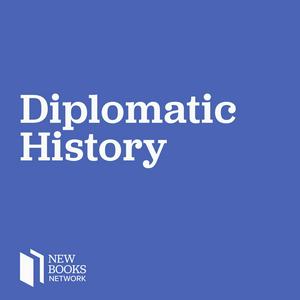Maria Fedorova, "Seeds of Exchange: Soviets, Americans, and Cooperation in Agriculture, 1921–1935" (Northern Illinois UP, 2025)
Seeds of Exchange: Soviets, Americans, and Cooperation in Agriculture, 1921–1935 (Northern Illinois UP, 2025) examines the US and Soviet exchange of agricultural knowledge and technology during the interwar period.
Maria Fedorova challenges the perception of the Soviet Union as a passive recipient of American technology and expertise. She reveals the circular nature of this exchange through official government bureaus, amid anxious farmers in crowded auditoriums, in cramped cars across North Dakota and Montana, and by train over the once fertile steppes of the Volga.
Amid the post–World War I food insecurity, Soviet and American agricultural experts relied on transnational networks, bridging ideological differences. As Soviets traveled across the US agricultural regions and Americans plowed steppes in the southern Urals and the lower Volga, both groups believed that innovative solutions could be found beyond their own national borders. Soviets were avidly interested in American technology and American agricultural experts perceived the Soviet Union to be an ideal setting for experimenting with and refining modern farm systems and organizational practices. As Seeds of Exchange shows, agricultural modernization was not the exclusive domain of Western countries.
Guest: Maria Fedorova (she/her) is an Assistant Professor in the Department of Russian Studies at Macalester College. She received her PhD in history at the University of California, Santa Barbara. Her research focuses on the history of agriculture, food insecurity, US-Russia/Soviet relations, and transnational history.
Host: Jenna Pittman (she/her), a Ph.D. student in the Department of History at Duke University. She studies modern European history, political economy, and Germany from 1945-1990.
Scholars@Duke: https://scholars.duke.edu/pers...
Linktree: https://linktr.ee/jennapittman
Learn more about your ad choices. Visit megaphone.fm/adchoices


